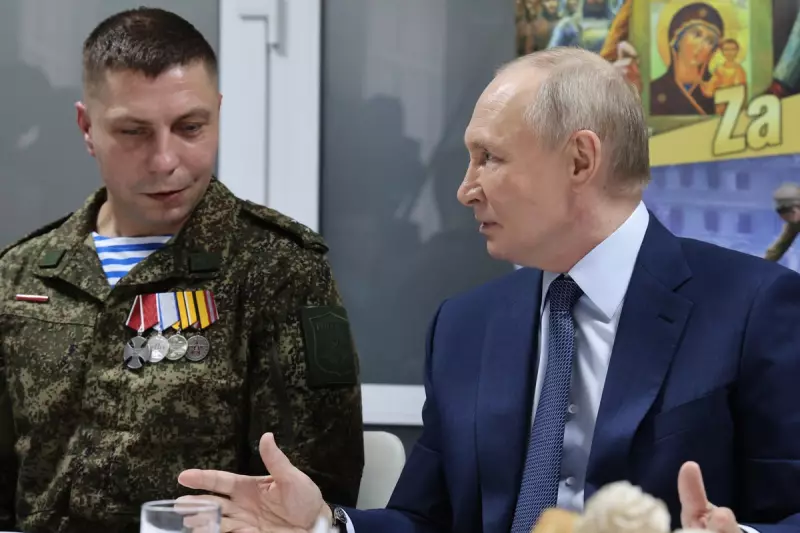
In a dramatic military reshuffle that has taken Western intelligence by surprise, Vladimir Putin has replaced his top commander in Ukraine just three months after his appointment.
The Russian defence ministry announced that General Valery Gerasimov, chief of the military's general staff, will now take direct command of the invasion forces in Ukraine. This move sees General Sergei Surovikin, who only assumed control in October, demoted to become one of Gerasimov's deputies.
Strategic Shake-up Amid Stalled Campaign
This unexpected leadership change comes as Russia's military campaign faces significant setbacks and mounting pressure to demonstrate progress. The defence ministry statement cited the need for "closer interaction between branches of the armed forces" and "improved supply support" for the ongoing operations.
Western analysts suggest the reshuffle indicates serious concerns within the Kremlin about the war's direction. Despite initial expectations of a quick victory, Russian forces have encountered fierce Ukrainian resistance and have been forced into multiple retreats.
Gerasimov's Expanded War Role
General Gerasimov, 67, now assumes direct control over what Moscow calls its "special military operation" while maintaining his position as head of the general staff. His appointment represents the most significant command change since the conflict began nearly eleven months ago.
The timing is particularly noteworthy, occurring as both sides prepare for potential spring offensives and amid intense fighting in eastern Ukrainian towns like Bakhmut and Soledar.
Western Intelligence Monitoring Developments
US officials have confirmed they are closely monitoring the command changes and what they might reveal about Russian military planning. The reshuffle suggests Moscow may be preparing for a renewed large-scale offensive in coming months, though Western intelligence remains sceptical about Russia's capacity to mount successful major operations.
The leadership change also follows recent Ukrainian strikes on Russian-occupied territories, including a devastating attack on a military barracks in Makiivka that killed at least 89 Russian soldiers.
What This Means for the War's Future
Military experts suggest that Gerasimov's appointment could signal:
- A more coordinated approach across Russian military branches
- Potential preparation for larger-scale offensive operations
- Kremlin dissatisfaction with recent military performance
- Increased focus on logistical and supply chain improvements
As the conflict approaches its first anniversary, this command shake-up underscores the ongoing challenges facing Russian forces and the Putin administration's determination to achieve military objectives in Ukraine.





